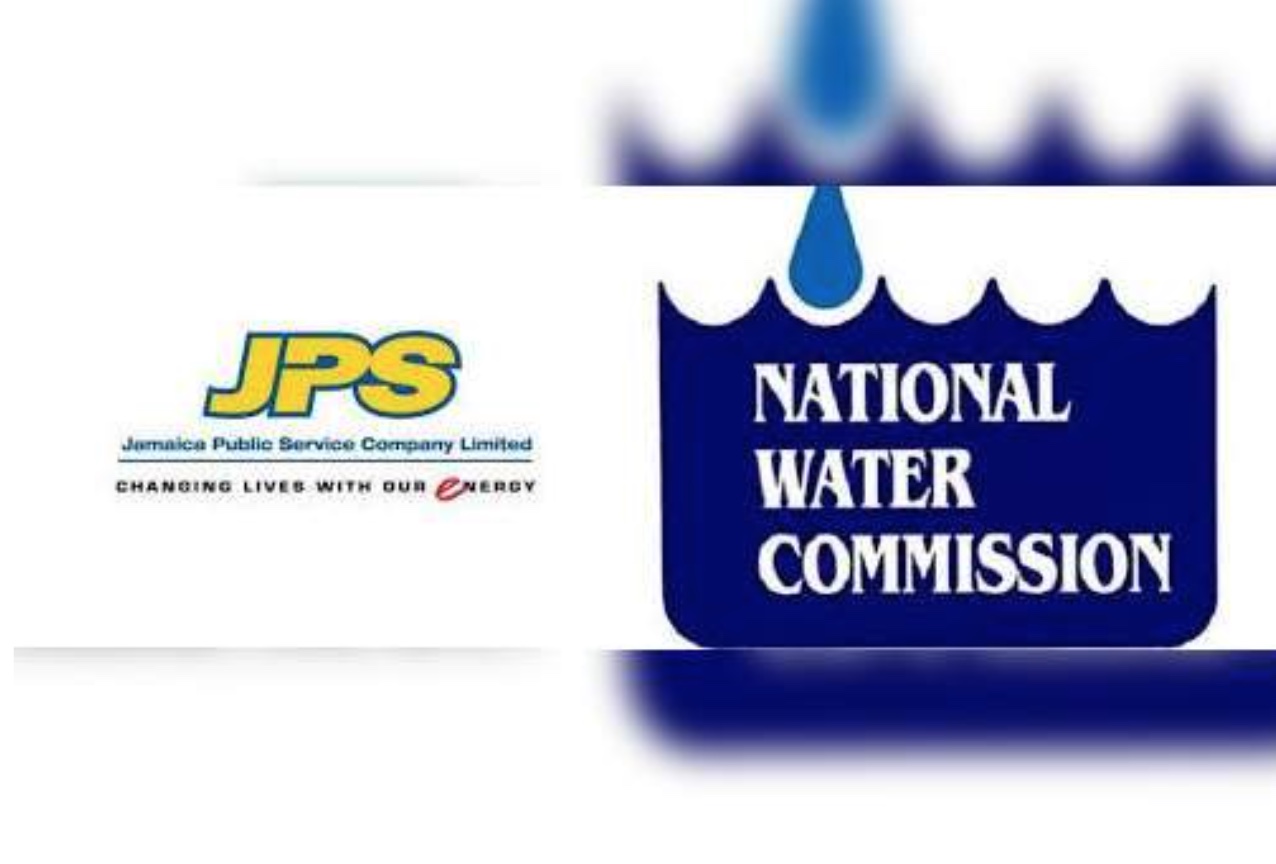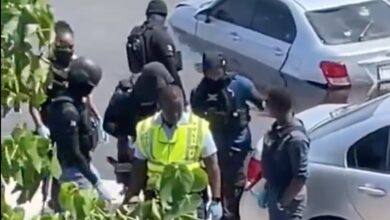JPS and NWC Customers Owed for Breaches of Guaranteed Standards
Friday, July 9, 2021, 12:31 PM GMT-5

Customers of the Jamaica Public Service Company (JPS) and National Water Commission (NWC) have not received the just under $39 million owed to them for breaches of the Guaranteed Standards during the period January to March, 2021.
The unpaid sum, was contained in the Office of Utilities Regulation’s (OUR’s) last Quarterly Performance Report, it is due to customers who did not claim for breaches of the NWC Guaranteed Standards, and for the power company’s customers who are awaiting the outcome of that company’s appeal made to the Ministry of Science, Energy and Technology (MSET) for force majeure relief from the Overall Standards (OS) and the Guaranteed Standards (GS).
MSET made a request, and the OUR submitted its recommendations during the January to March 2021 quarter, as JPS had applied for force majeure relief from the Standards, due to what they said was the impact of the COVID-19 pandemic on their operations.
The OUR’s recommendations were accepted and communicated to JPS during the period for review. However, the outcome of the appeal is pending because JPS has advised that it has asked the energy minister to reconsider the decision.
The information collected for the January to March 2021 period indicated that there were 16,823 breaches committed by JPS during the quarter, a one percent reduction when compared to the preceding quarter. These breaches attracted compensatory payments of approximately $37.3 million, they remained unpaid.
The NWC’s Guaranteed Standards compliance report revealed 602 breaches that were committed during the review period. This represented a 19 % increase when compared with the preceding quarter. Approximately $2.25 million is the potential pay-out for the breaches, but the actual payments amounted to about $719,297.80 which is approximately 32 % of the total potential payments due, they were eventually made by way of automatic credits to affected accounts. The remaining balance, which is approximately $1.53 million or 68 % of the potential payments is still in question.



